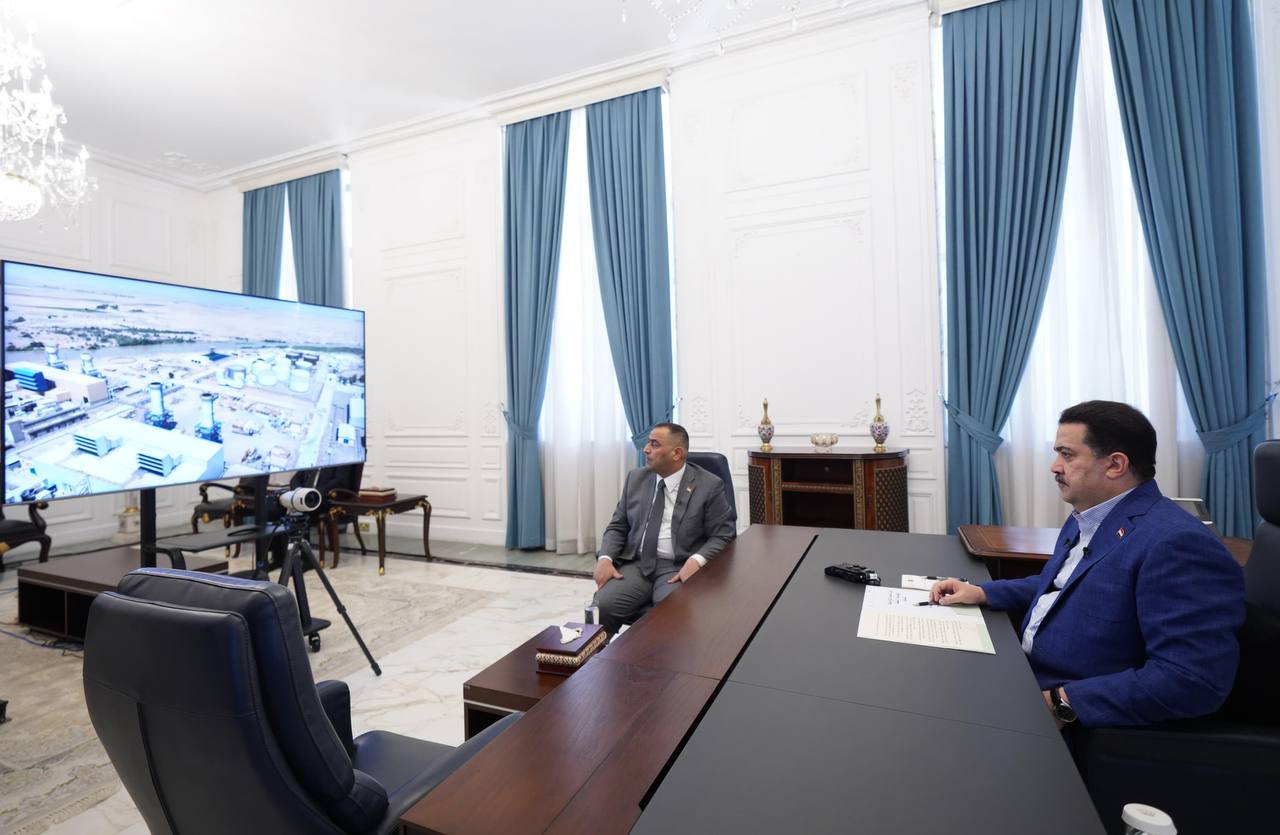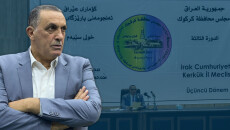Iraqi Prime Minister Mohammed Shia Sudani has said that the formation of the local government in Kirkuk is likely to take longer.
These remarks were made during the opening speech of the Dubz gas power plant, which the prime minister inaugurated online on Thursday, August 8.
"We intended to be present in Kirkuk province and wait for the local government elections, but I believe we need more time, so we decided to open the station online," Sudani said.
The prime minister's statement comes as the legal deadline for the formation of the Kirkuk local government expires on August 11, one month after the first meeting of the Kirkuk Provincial council.
According to the law, the council speaker and deputy speaker must be elected at the first session of the provincial council, and the governor and deputy governor within 30 days. However, the Kirkuk local administration postponed these two issues due to conflicts between communities.
The Kurds hold seven seats (five for the Patriotic Union of Kurdistan PUK and two for the Kurdistan Democratic Party KDP), the Arabs have six seats (Kirkuk Arab Coalition three, the Leadership two, the Arab Coalition one seat), the Iraqi Turkmen Front ITF has two seats, and the Christians have one quota seat.
Of the 15 provinces under the federal government, only Kirkuk has not formed a new administration due to conflicts eight months after the December 18, 2023 provincial council elections. The main debate in Kirkuk is related to the governor's post, which has been held by the Kurds since the 2005 elections. However, the Arabs took over following the events of October 2017 when the Iraqi Security Forces ISF controlled the disputed territories and ousted the Kurdish forces, Asayish (Security) and Peshmarga (Fighter).
The northern, oil-rich city of Kirkuk is home to about 1,77 million Kurds, Turkmen, and Arabs. Located 238 kilometers north of Baghdad, Kirkuk is an ethnically mixed province and has long been at the center of disputes between the federal government in Baghdad and the Kurdistan Regional Government KRG.
The Council has the highest legislative and supervisory authority within the boundaries of the local administration. It has the right to issue internal laws and instructions for managing the affairs of the province, formulate the general policy, discuss and approve the local budget and project plans.
This issue arises as the blocs have not reached an agreement on the distribution of positions. In addition to the Arab and Kurdish components, the Turkmen component is demanding that positions be rotated among the three main components in the province.






